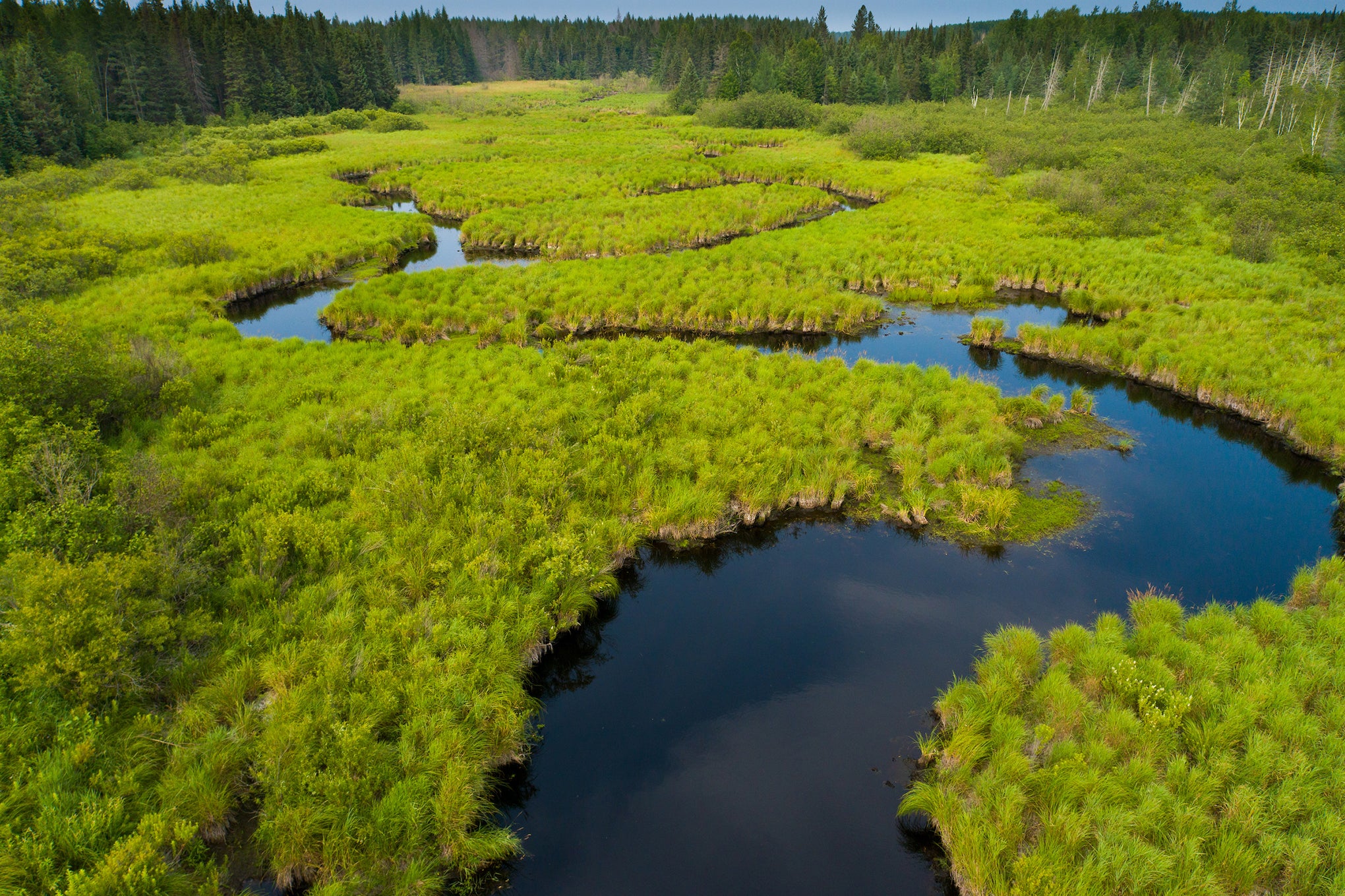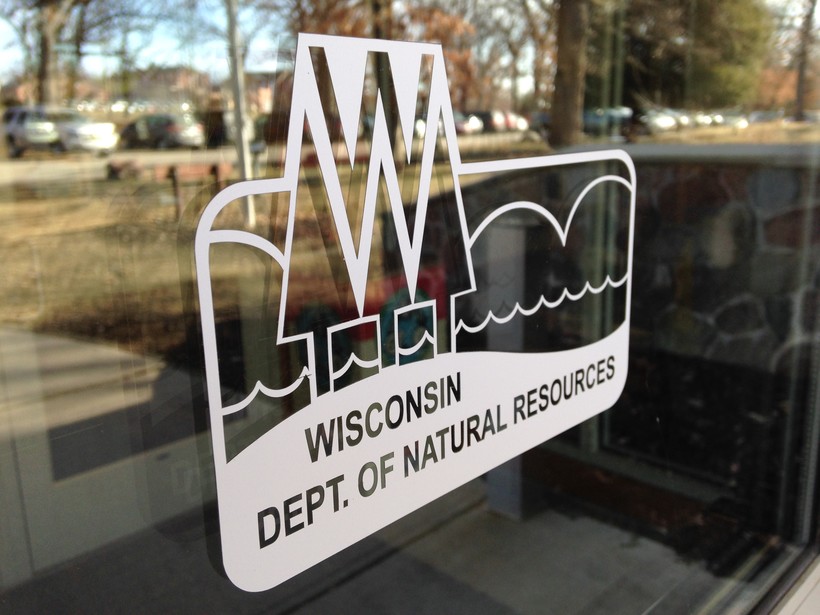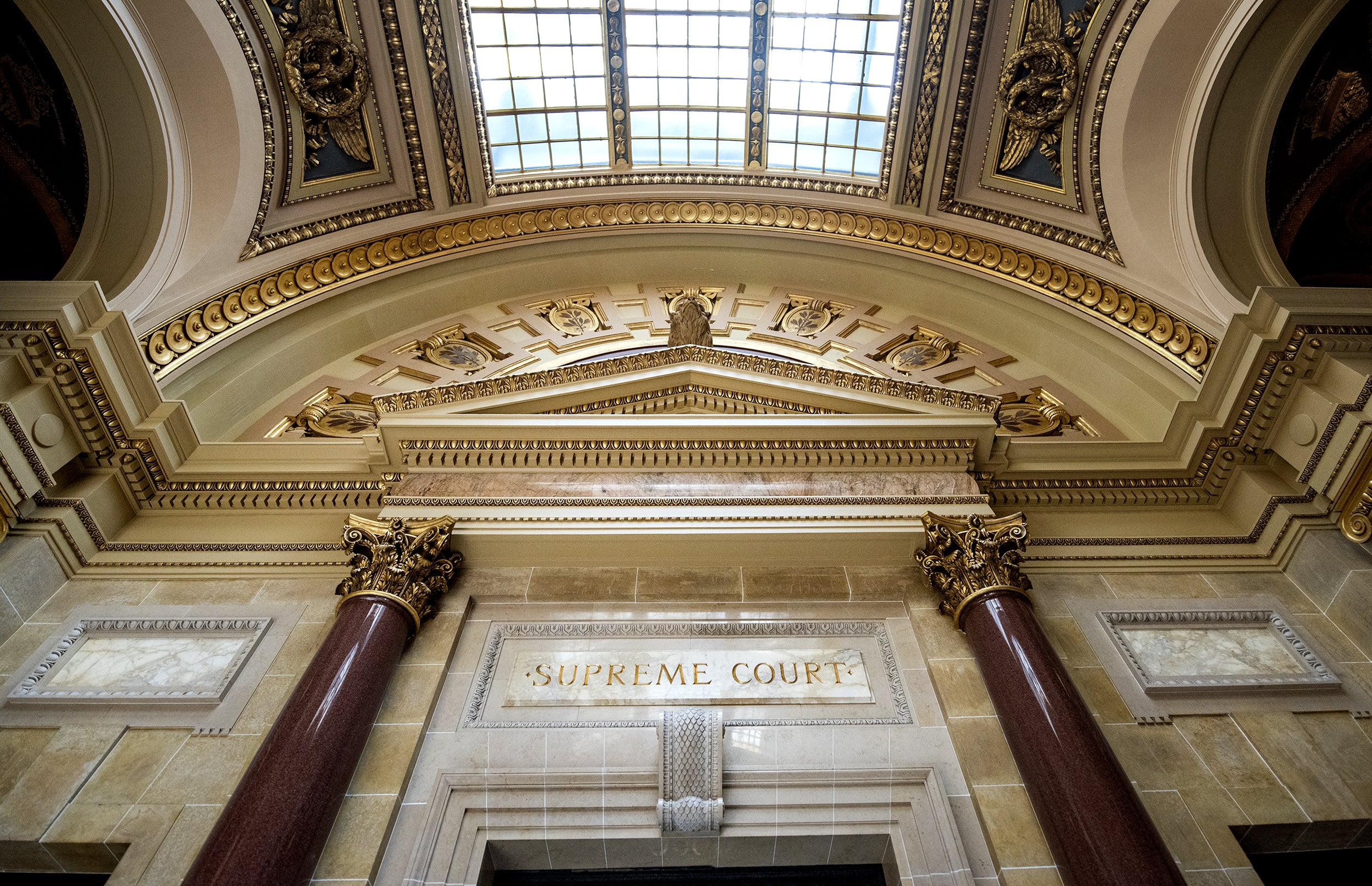The fate of the state’s largest conservation effort remains uncertain as supporters hope to move forward without state funding after the Legislature’s Republican-controlled finance committee denied money for the project.
The Joint Finance Committee voted along party lines to reject the use of $4 million from the Knowles-Nelson Stewardship Program for the Pelican River Forest east of Rhinelander. Conservation groups and the Wisconsin Department of Natural Resources hoped the money would help finance a $15.5 million conservation easement on 56,000 acres.
The effort is part of plans to set aside nearly 70,000 acres of forest land for public use and logging. But Republicans on the committee said the state failed to properly engage local governments and cited their concerns over the project’s effects on future development.
Stay informed on the latest news
Sign up for WPR’s email newsletter.
The move is the latest example of hurdles land conservation groups face from GOP lawmakers who object to preserving land for the public, citing its effects on the local tax base and state debt. Legislative roadblocks to using Stewardship funds have forced groups to seek out other financing or craft creative solutions to avoid scrutiny from the state’s finance committee.
“We’re super disappointed that the Legislature appears to have closed the door to state funding. But for us, we’re still committed to getting this project done,” Clint Miller, regional director of The Conservation Fund, said.
Lawmakers have highlighted local opposition to the project from the towns of Monico and Sugar Camp, which passed resolutions against the conservation effort. Town leaders didn’t respond to Wisconsin Public Radio’s request for comment on Thursday.
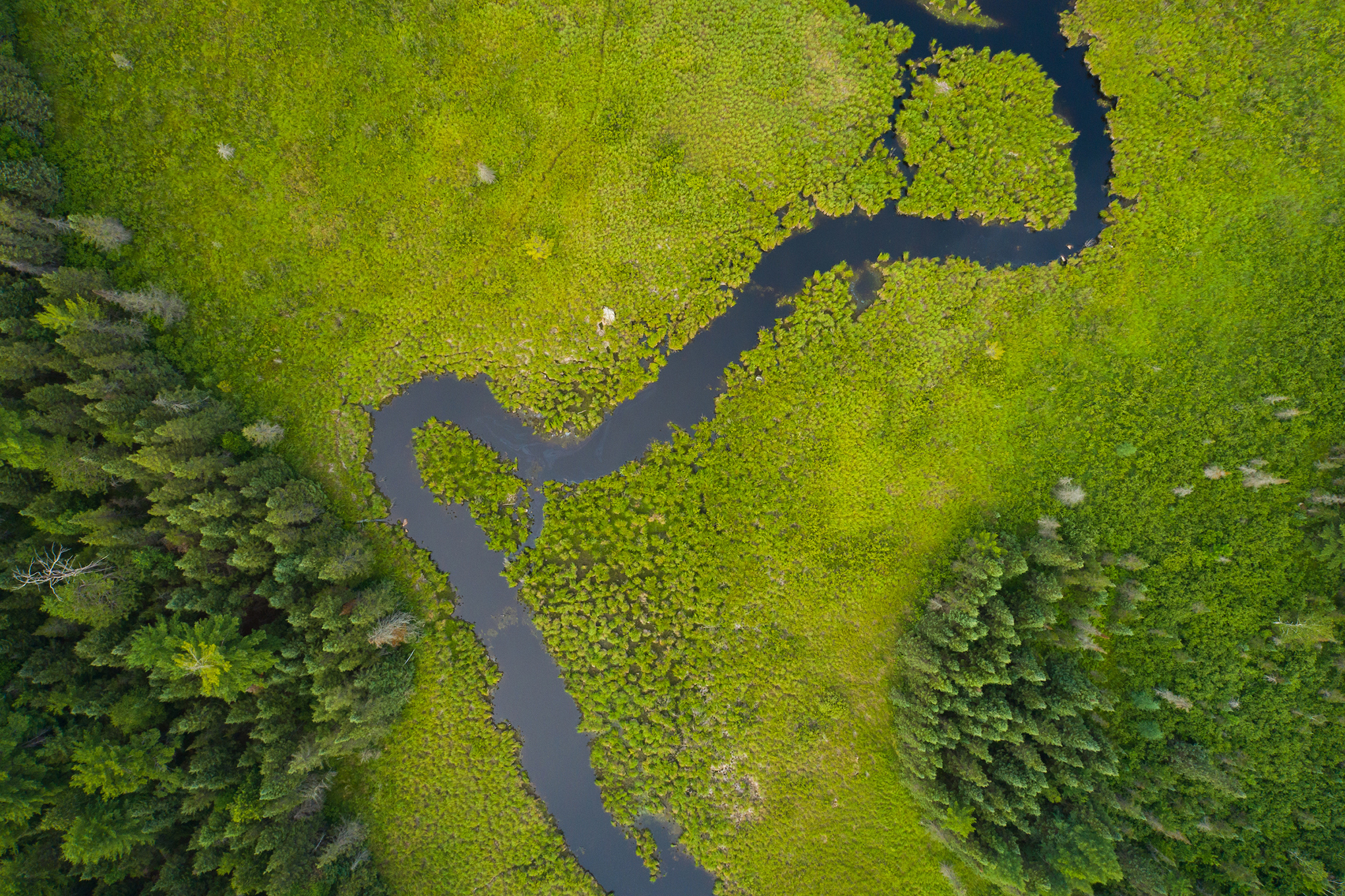
Monico officials have expressed concerns over the project’s effects on residential and commercial development along highways running through the town. As a result, Miller said they offered to remove 1,255 acres, but they haven’t received a response from the town.
DNR Secretary-designee Adam Payne has said they will reach out to local governments to ensure their concerns are addressed following what he called a communication breakdown over local opposition. Jim Lemke, the agency’s real estate section chief, said towns who have questions about the project have indicated they may be willing to discuss how the conservation effort could work in their communities.
“We still have to work with the towns and the counties, answering some of their lingering questions on that. So that’s a primary focus for us at this point, making sure that we stay in communication,” Lemke said. “If we can get resolution or some type of pathway forward, then we’ll look at the funding.”
Lemke had previously said the DNR may seek out a landowner donation or launch a fundraising campaign if Stewardship funding was unavailable. The agency aimed to use $4 million under the land purchase program to provide matching funds for a $10.8 million federal Forest Legacy Program grant that would finance the bulk of the project. Lemke said the state has not yet received the federal grant, adding the DNR has a five-year window to use those funds.
Groups have sought to finance large projects with money provided under the federal program through the Land and Water Conservation Fund, which received permanent funding under former President Donald Trump. Congress allocated $700 million for the program over the next decade when it passed the Inflation Reduction Act last year. Miller noted such federal funding sources often require state matching dollars, saying the lack of access to Stewardship funding is a blow to Wisconsin.
“Should we move forward with other projects, which we’d love to, that is going to be an impediment to the success,” Miller said.
Stewardship spending has dropped to its lowest level in decades
The Stewardship program is currently funded through 2026 at roughly $33 million annually, mostly through borrowing. A recent poll of roughly 500 voters funded by the Nature Conservancy in Wisconsin found 9 in 10 residents support the Legislature continuing to dedicate public funding for land and water conservation.
Despite that, a recent Wisconsin Policy Forum report found spending under the program dropped to its lowest level in at least two decades to $14.1 million last year. That’s down 83 percent from $84 million at its peak in 2007 before adjusting for inflation. Charles Carlin, director of strategic initiatives for Gathering Waters, said that’s not due to a lack of demand for funding.
“It is because the actions of the Joint Finance Committee have artificially suppressed how many grants actually move through Stewardship,” Carlin said. “That really creates a lot of downward pressure on how much money the DNR is actually able to get out the door, so it’s created a real crisis in conservation funding.”
Wisconsin Watch reported the pace of committee objections to Knowles-Nelson projects has accelerated since Democratic Gov. Tony Evers took office. The Legislature’s GOP-controlled finance committee raised 17 objections from 2014 through 2018 under former Republican Gov. Scott Walker, and only one project was denied. Since 2019, the committee lodged at least 26 objections against Stewardship land acquisitions, and some projects remain in limbo.
Democratic lawmakers and land conservation groups have highlighted the committee’s failure to hold hearings on projects where lawmakers raised objections, essentially resulting in what they call a “pocket veto.” Carlin said that’s created a chilling effect for land conservation groups seeking Stewardship funding, noting some are scaling back their use of the program.
The Mississippi Valley Conservancy has crafted projects to fall under the $250,000 threshold that triggers the committee’s passive review of projects. Carol Abrahamzon, the group’s executive director, said that was the case when they worked with an elderly landowner to preserve the Kaplan tract adjacent to La Crosse Blufflands.
“We ended up negotiating a price that brought it just under the $250,000 threshold, so that we could get the property purchased rather than put all that time in (and) have them reject it,” Abrahmazon said.
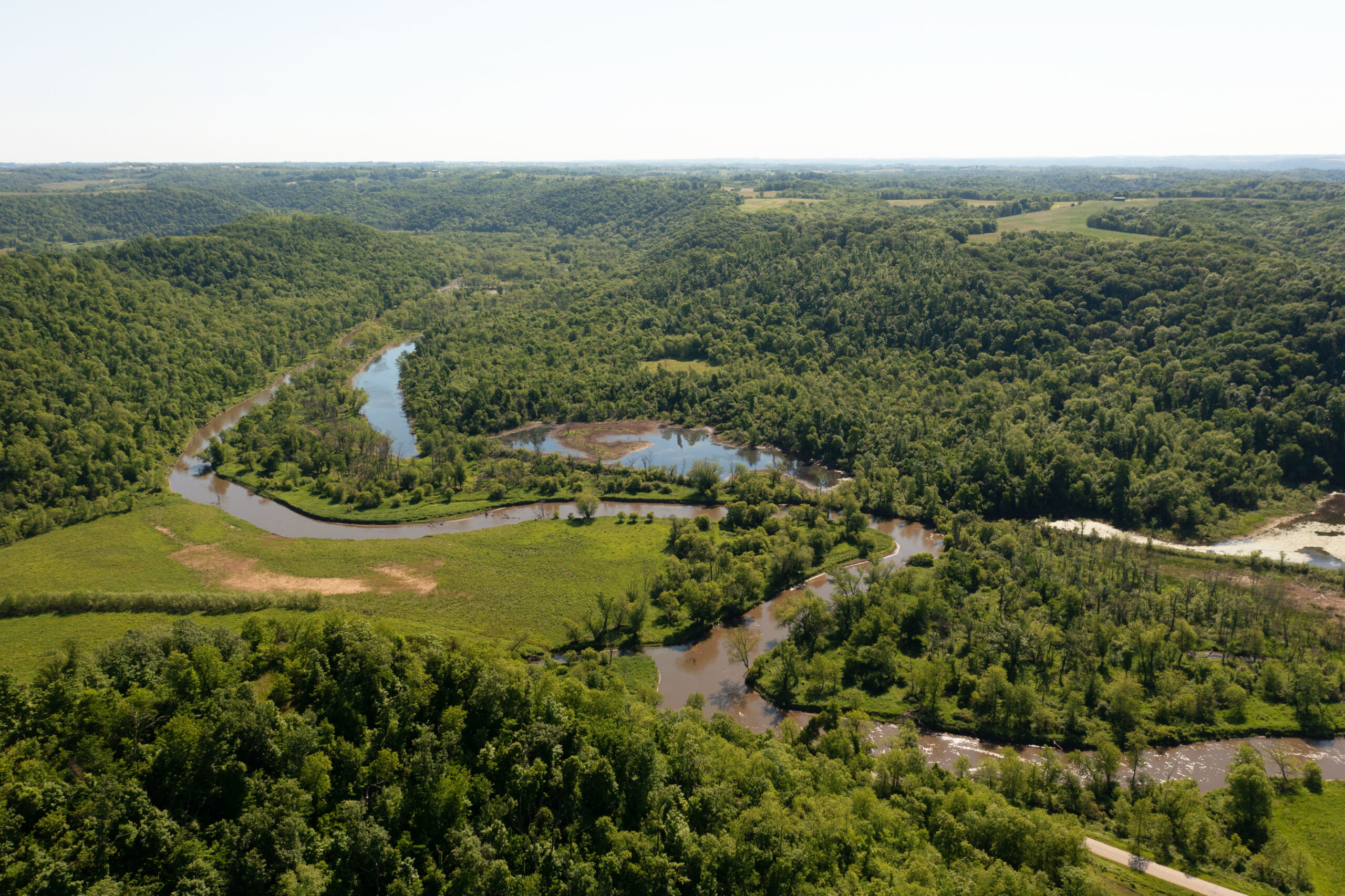
Photo courtesy of Carol Abrahamzon
Abrahamzon said the group also purchased 440 acres of the Sugar Creek Bluff property in Crawford County in three separate transactions to keep it below that threshold.
Last year, the conservancy bought 1,600 acres for $3 million from a family to set it aside as part of the Plum Creek Conservation Area. The group used funding from an anonymous donor over fears an application for Stewardship funding may be delayed or rejected because the family couldn’t afford to wait on the sale. If they had captured money under the program, Abrahamzon said they could have used part of the donation to protect more properties.
Last year, Evers resorted to using COVID-19 relief to fund several conservation projects held up by lawmakers.
Land conservation groups argue the DNR could award Stewardship funding for projects where the state’s finance committee has failed to schedule hearings. A Wisconsin Legislative Council review last year found the committee is likely not following state law under its passive review process for DNR land acquisitions.
Democrats on the committee argue its process for reviewing projects is broken. The committee’s Republican co-chair Rep. Mark Born of Beaver Dam disputed that in its April 18 hearing.
“This is not broken. You just wish it was because you don’t like the oversight,” Born said.
An Evers spokesperson didn’t respond to a request for comment on whether Stewardship funding could be awarded and next steps for the Pelican River Forest. The governor’s budget includes a proposal to increase the threshold that triggers the committee’s review of acquisitions from $250,000 to $500,000 or more. He also wants to repeal a requirement that all projects north of Highway 64 be subject to legislative review, as well as eliminate anonymous objections to projects.
When Democrats on the committee called for holding hearings and ending anonymous objections, Born said that’s not what should be occurring. He added that immediately holding hearings would result in rejection of all projects because the committee may need weeks or months to review and address questions. The governor’s proposal appears unlikely to make it into the Legislature’s version of the state budget.
Wisconsin Public Radio, © Copyright 2025, Board of Regents of the University of Wisconsin System and Wisconsin Educational Communications Board.
